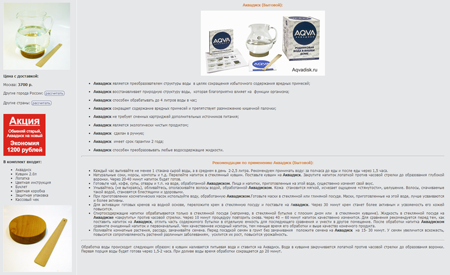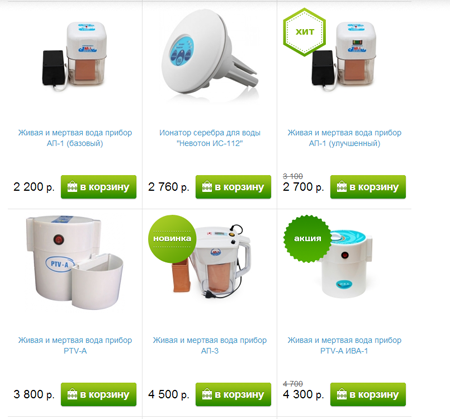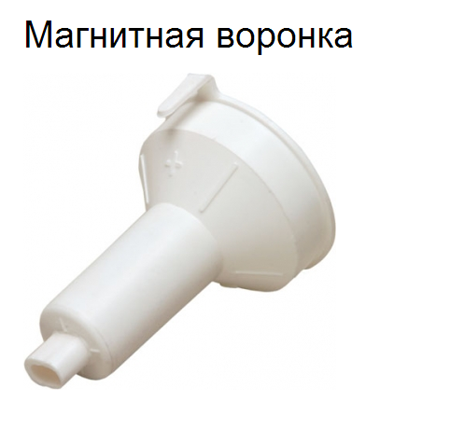| ← Июнь 2014 → | ||||||
|
1
|
||||||
|---|---|---|---|---|---|---|
|
13
|
15
|
|||||
|
22
|
||||||
|
23
|
24
|
29
|
||||
За последние 60 дней ни разу не выходила
Сайт рассылки:
http://av-host.net
Открыта:
09-03-2012
Статистика
0 за неделю









